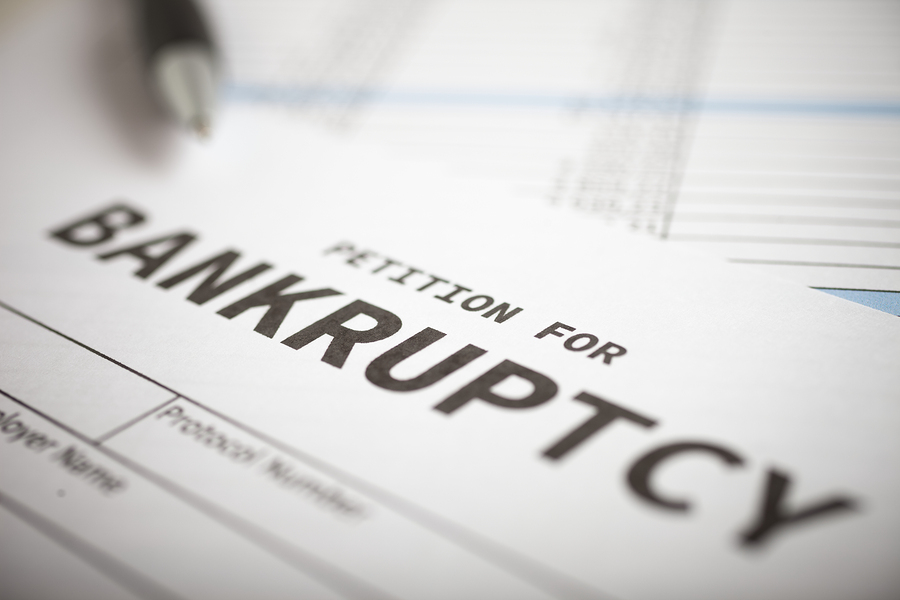Can You File For Bankruptcy in Pennsylvania While Married and Not Involve Your Spouse?
When you sit down with one of our experienced Philadelphia bankruptcy attorneys for the first time, you will be asked many questions about your income, household size, type and amount of debt, and your marital status. When you declare bankruptcy in Pennsylvania and are married, you have the choice of filing as an individual or jointly. Which is most beneficial depends on many factors.
A successful bankruptcy case requires planning. At Young, Marr, Mallis & Associates, we understand that the work before filing often defines how that bankruptcy case will proceed. One of the key determinations a debtor must make before filing is whether to file as an individual or include their spouse if they are married. Our office will help you make that decision.
Before you file for bankruptcy, you will have many choices to make. Our knowledgeable Pennsylvania bankruptcy attorneys will help you make the decisions necessary to benefit the most from filing. Call (215) 701-6519 to discuss your unique circumstances.
Shared Debt and Filing Bankruptcy in Pennsylvania
When discussing the prospect of filing individually or jointly, our Bucks County bankruptcy lawyers will review your debt. If you and your spouse share debt, such as joint credit cards or co-signers on a repossessed vehicle, you have an incentive to file jointly. If your spouse discharges their debt, you are still legally obligated under the note, loan, or contract. In this case, bankruptcy is probably not helping your family’s financial position as much as it could.
If none of your debt is shared, then it makes sense for the spouse who is liable for the debt to file as an individual. Not only does this keep one spouse’s credit history free of a bankruptcy filing, it eliminates the need for both individuals to attend appointments in our office, trustee meetings, or court hearings.
When couples share some debt, it becomes a more difficult question. Some married couples want to keep one spouse out of the bankruptcy proceeding to preserve their credit score while leaving the option open to keep using their current credit cards. Others want to ensure they walk away from bankruptcy with both parties free of all debt.
Do Married Couples Have to File Foreclosure Together in Pennsylvania?
Many married couples will specifically ask if they must file for bankruptcy together if they are behind on their mortgage or if their home is in foreclosure. The answer to this question is, “no.” If there is no additional benefit, such as discharging shared unsecured debt, then only one spouse is required. This is even true if the mortgage and house are in both names. When filing a Chapter 13 case under these circumstances, a married couple is typically trying to pay back the money they are behind through their bankruptcy plan. Therefore, you only need one spouse to file for bankruptcy.
What Else to Consider When Deciding to File for Bankruptcy in Pennsylvania
Every case our Bristol, PA bankruptcy lawyers handle is unique. When our clients decide to file for bankruptcy, we want to ensure that their case and the decisions made before filing allow them to obtain the most benefits possible. This includes the decision to file as an individual or a married couple. Nonetheless, there are some common factors every potential filer should consider.
Your Spouses Income Will be Included in the Bankruptcy
Some people believe that if they are married but file individually, their spouse’s income will not be included in their bankruptcy. This is not the case. Your spouse’s income is included in the means test and Schedule I, which lists your monthly income. While you are permitted to exclude some of your spouse’s income through a “marital deductions” section in the means test, it is very limited. Generally, if any income is used for the benefit of the household, it must be included.
Your Exemptions Double if Your File Jointly
When someone files for bankruptcy, all their property becomes the “bankruptcy estate.” The bankruptcy estate’s impact on your case will depend on what chapter you filed. For instance, if you filed a Chapter 7 case, the bankruptcy trustee has the right to take possession of and sell property in the bankruptcy estate to pay your creditors. On the other hand, in a Chapter 13 case, the value of the property in the bankruptcy estate is one factor in determining how much you will pay to your unsecured creditors.
Under the Bankruptcy Code and local law, debtors can take advantage of either federal or state exemptions to property their property in the bankruptcy estate. Therefore, the trustee only has access to the unexempt property, while what you must pay to unsecured creditors is based on the value of that property. When you file jointly, you and your spouse could take advantage of doubling the available exemptions.
Cost and Convenience
There is a cost-benefit to filing jointly instead of filing two individual bankruptcy cases. Additionally, you will have to provide our West Chester bankruptcy lawyers with many documents and financial statements. It is easier to provide one set of documents. While this might sound elementary, some couples believe there is a benefit to staggering two bankruptcy cases. This is rarely the case.
Pennsylvania Bankruptcy Attorneys Providing Professional and Compassionate Representation
While you do not have to file for bankruptcy together if you are married, they are some advantages to doing so. Whether you plan to file individually or jointly, our Montgomery County bankruptcy attorneys will request that you bring financial documents relating to both spouses. At Young, Marr, Mallis & Associates, we will thoroughly examine your entire financial situation before offering our advice on how you should file. Call (215) 701-6519 today.






























